They say drugs are not the answer, but really, what is the question?
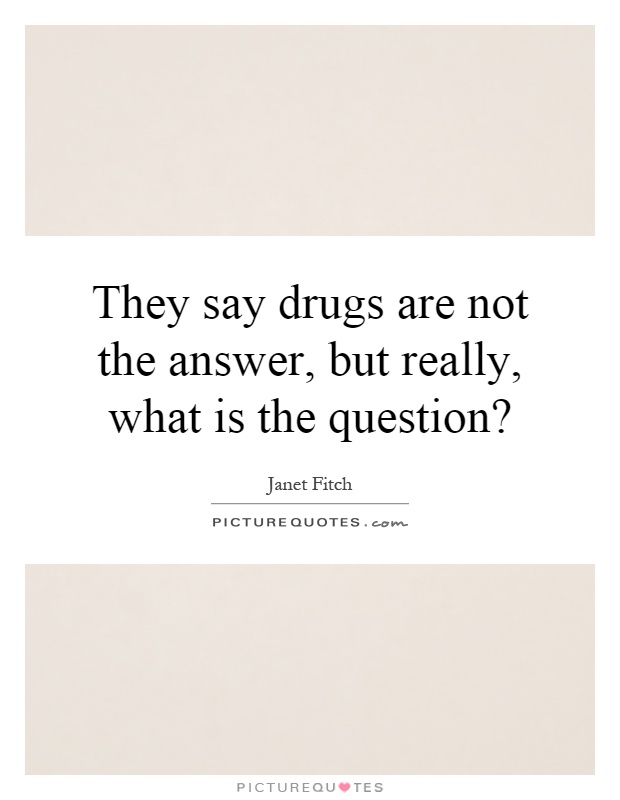
They say drugs are not the answer, but really, what is the question?
Janet Fitch is a renowned author known for her powerful and evocative storytelling, often delving into the complexities of human nature and the struggles individuals face in their lives. In her works, she often explores themes of addiction, trauma, and the search for meaning in a chaotic world. One of the most poignant questions she raises is the idea that drugs are not the answer, but what is the question?This question is a profound one, as it forces us to confront the underlying issues that drive individuals to seek solace in substances. For many, drugs offer a temporary escape from the pain and suffering they experience in their lives. Whether it be trauma, loss, or simply a desire to numb the overwhelming emotions that plague them, drugs can provide a sense of relief and release. However, as Fitch suggests, this relief is often fleeting and ultimately destructive.
In her novel "White Oleander," Fitch explores the devastating impact of addiction on a young girl named Astrid, whose mother is imprisoned for murder. Throughout the novel, Astrid grapples with her own demons and struggles to find a sense of identity and purpose in a world that seems determined to break her. Drugs become a means of coping for Astrid, a way to numb the pain and confusion that consumes her. However, as she soon discovers, drugs only serve to further isolate her and push her further away from the truth she so desperately seeks.
Fitch's exploration of addiction and its consequences is a powerful reminder of the dangers of seeking solace in substances. While drugs may offer a temporary escape, they ultimately do not address the underlying issues that drive individuals to use them in the first place. The question of what truly lies beneath the need for drugs is a complex and multifaceted one, requiring a deep and introspective examination of one's own motivations and desires.
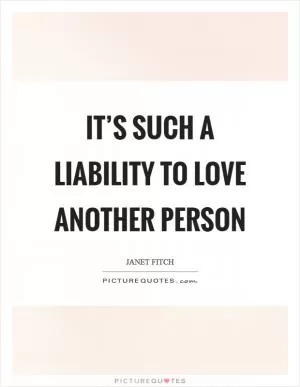
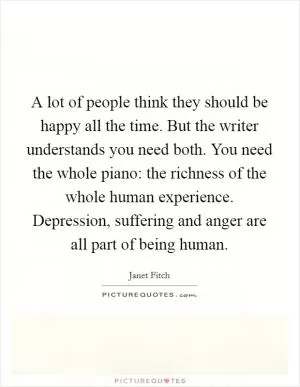
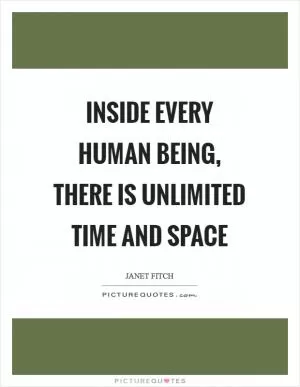

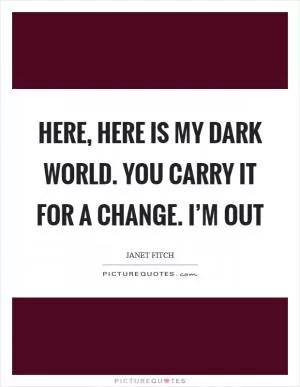
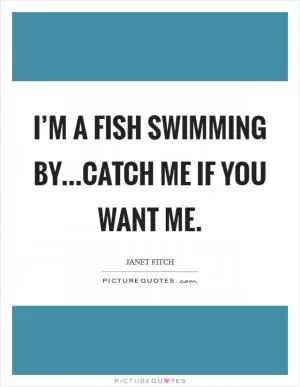

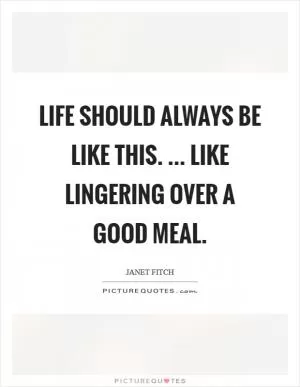
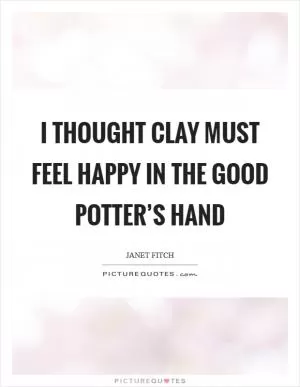
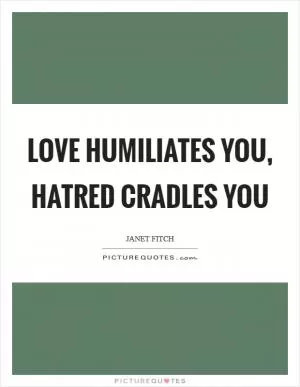
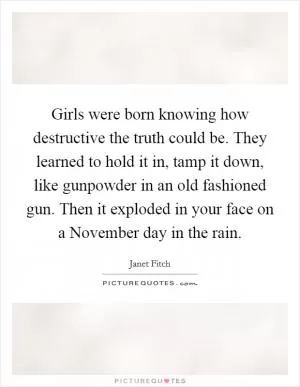
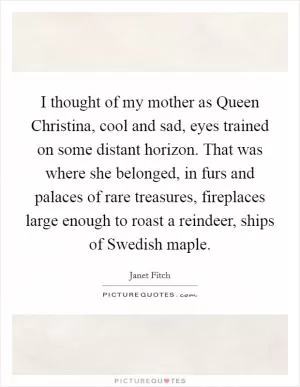
 Friendship Quotes
Friendship Quotes Love Quotes
Love Quotes Life Quotes
Life Quotes Funny Quotes
Funny Quotes Motivational Quotes
Motivational Quotes Inspirational Quotes
Inspirational Quotes